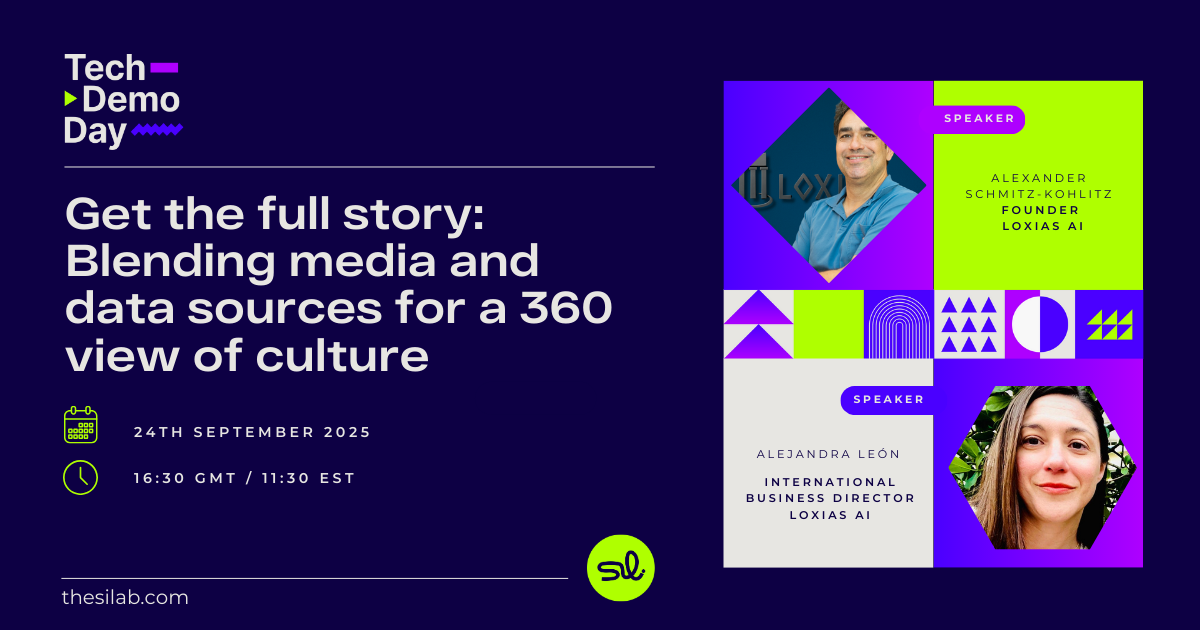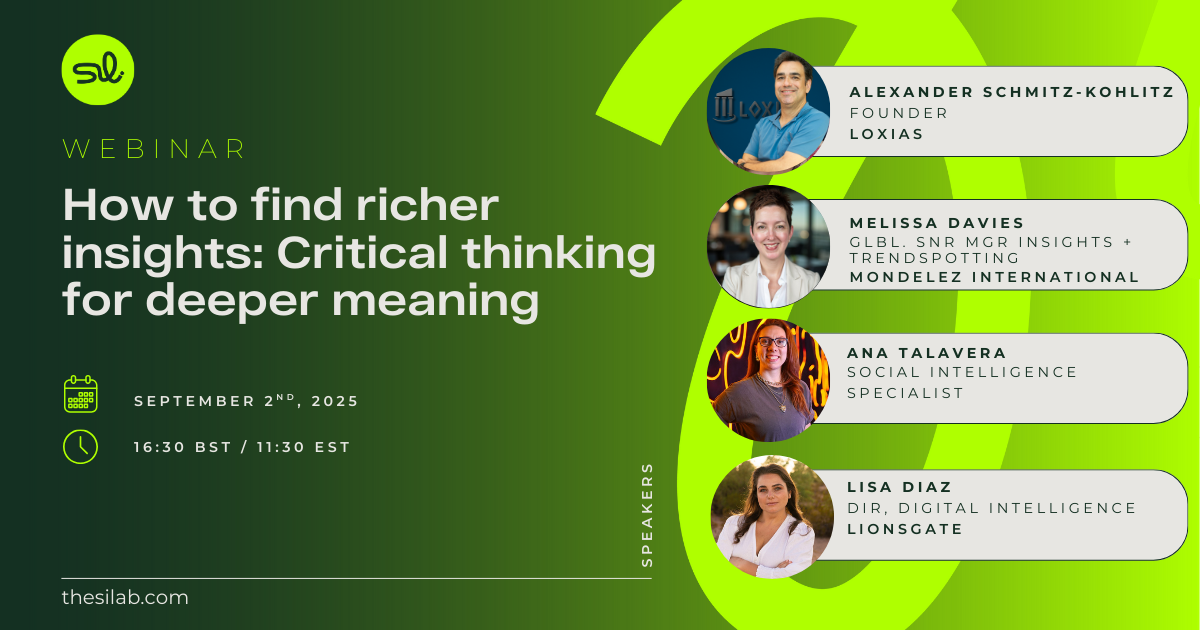
Three Data TED Talks to Give You a New Perspective on How You Use Social Data
Analysing social data can be tough.
There’s no two ways about it, you can’t click a button for real social insight. You need human interpretation to win the social data analysis game.
The tools are only as good as the person using them. The insight is only insightful when you know how to interpret the signals.
Social data is tricky because you don’t get to ask people questions because your using naturally occurring social conversations. And, well, those conversations lack a lot of context where you can’t take the data at face value.
So what’s the solution?
Humanising data, critical thinking and the knowledge that insight might not come from the obvious.
We’ve got three TED talks about data that inspired us, and we have a sneaky suspicion that they’ll give you a new perspective on analysing social data too. They may even lead you into thinking more about ethical and privacy issues associated with this kind of work.
The Human Insights Missing From Big Data
Tricia Wang, Technology Ethnographer
For anyone struggling with how to approach social data analysis, Tricia Wang’s TED talk might just give you that little extra something to spur you on.
When we spoke with Kelly McKnight, Head of Culture and Trends at Join the Dots, she explained that Tricia’s concept of thick data helped her to create solutions that overcome the contextual limitations of social data.
We think it might help you consider how to humanise your data too.
What Do We Do with All This Big Data
Susan Etlinger, Data Analyst
The big takeaway for us from Susan’s talk is the question:
“Did the data really show us this or did the data make us feel more comfortable or successful?”
If you’ve ever presented any findings you’ll know what we’re talking about. There is a real desire for the data to tell us that we’ve done good. Susan’s talk goes on to demonstrate the need to critically think about the data, understand the context and the underlying meaning.
She rightly advocates for a bigger focus on the humanities, social sciences and ethics in data analysis to help overcome confirmation bias and false correlations.
There’s also the issue of being able to show your math and the questions that you asked of the data. As an industry that is built on ‘black box algorithms’ we cannot always say that we are confident of the answer because we don’t know how we got there.
The Curly Fry Conundrum Why Social Media Likes Say More Than You Might Think
Jennifer Golbeck, Director of the Human-Computer Interaction Lab, University of Maryland
Jennifer's talk highlights that the signals are not always obvious from social data. And, that detecting little patterns of behaviour that are taken into context with millions of other people, starts to reveal important insights.
The Facebook Likes research that Jennifer introduces is widely believed to have been the original research on which the infamous political profiling technology at Cambridge Analytica was modelled. The talk highlights that by combining analysis and behavioural theory you can begin to predict behaviours.
The future capabilities of social intelligence are more than analysing text, images, video or audio. Albeit that future is a little creepy and definitely dangerous when in the wrong hands because people don’t know that they are leaving these breadcrumbs of their personality online or that they are being analysed and compared to millions of other people. The talk highlights the need for ethics, legislation and giving consent back to the social media user.
This interview was recorded via LinkedIn Live, if you prefer to view on LinkedIn, click the button below.
View InterviewSee related content
.png)








.jpeg)


